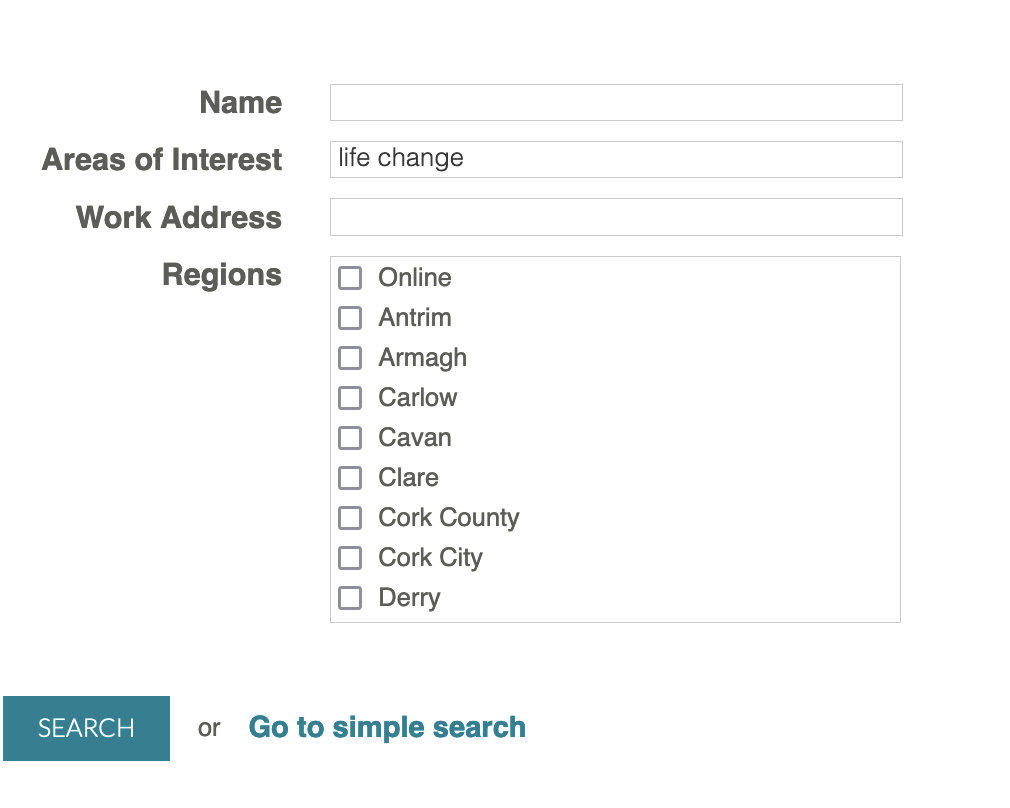
Pregnancy and parenthood represent profound life transitions in a person's life journey. While this period can be joyful and rewarding, it can also cause substantial challenges, including those that impact mental health. It's crucial to recognise and address these challenges, as they can affect not only the parent but the wellbeing of the entire family. Here are some of the main mental health issues that can arise during and after pregnancy and how to effectively address them.
Anxiety During Pregnancy: Pregnancy often brings about various concerns, ranging from the health of the baby to the upcoming responsibilities of parenthood. Some level of anxiety is normal, however, when anxiety becomes overwhelming, it can lead to conditions like generalised anxiety disorder (GAD) or certain phobias related to pregnancy and childbirth.
Depression During Pregnancy: Antenatal depression is a condition characterised by persistent feelings of sadness, hopelessness, and loss of interest in activities during pregnancy. Hormonal changes, coupled with the anticipation of parenthood, can contribute to this condition.
Postpartum Depression (PPD): PPD is a well-known condition that can occur after childbirth. It involves a range of emotional and physical symptoms that can make it challenging for new parents to cope with the demands of a new baby.
Obsessive-Compulsive Disorder (OCD) During Pregnancy and Postpartum: Some individuals may experience obsessive and compulsive thoughts and behaviours related to their baby's safety, cleanliness, or wellbeing during pregnancy and after childbirth. This can be a manifestation of perinatal OCD.
How to Address Mental Health Challenges During and After Pregnancy:
- Early Identification: Timely recognition of mental health issues is crucial. If you are experiencing any of these symptoms, it is important to recognise it and seek help.
- Professional Help: Seeking assistance from mental health professionals such as a psychotherapist is essential for effective treatment.
- Social Support: Building a strong support network with friends, family, or support groups can provide emotional reassurance and practical assistance.
- Self-Care: Prioritising self-care, including regular exercise, a balanced diet, and adequate sleep, can positively impact mental health.
- Communication: Openly discussing concerns with a partner and involving them in the process of seeking help and providing support can be extremely beneficial.
It is common for health challenges to emerge as part of this journey. With the right support and resources, individuals can navigate these challenges and embrace the joys and responsibilities that come with becoming a parent.
A Range Of Experts Available To You
IAHIP Psychotherapists are trained to help people to deal with pre and post natal mental health. You can search the IAHIP Psychotherapist Directory for this particular issue or any of the issues that may have developed from these changes.
On the Directory page, simply type the issue into the ‘Areas of Interest’ Box:

Additional Resources
For more information on pre and post natal mental health, you can access articles from our professional journal - Inside Out. Go to the top left of this website page and enter the topic into the search box.

